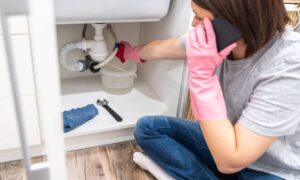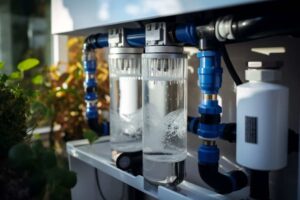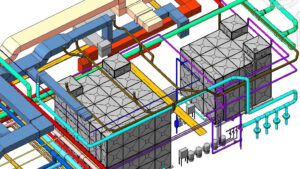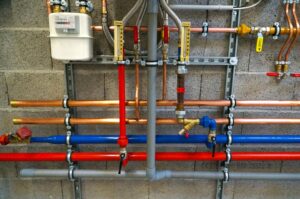Top 5 Eco-Friendly Plumbing Solutions for Sustainable Living
In today’s world, adopting eco-friendly practices is crucial for sustainable living. When it comes to your home’s plumbing,using eco friendly plumbing products can significantly reduce water and energy consumption, decrease pollution and waste, and improve air quality. Discover the top eco-friendly plumbing solutions that can help you reduce your carbon footprint and promote sustainable living.
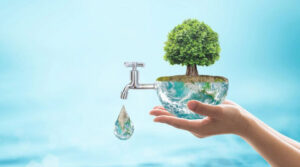
1. Low-Flow Fixtures
Installing low-flow fixtures such as faucets, showerheads, and toilets is a simple yet effective way to save water. Low flow toilets, in particular, promote a greener lifestyle and save money on utility bills. These fixtures are designed to use less water without compromising on performance. By reducing water flow, you can significantly decrease your water consumption and lower your utility bills.
Low-flow fixtures have become essential in modern plumbing systems, helping to conserve water while maintaining optimal functionality. Whether it’s updating your bathroom with water-efficient showerheads or replacing old toilets with dual flush models, every upgrade contributes to sustainable water usage.
2. Water-Efficient Appliances
Upgrading to water-efficient appliances and plumbing fixtures like dishwashers, washing machines, and low-flow toilets can make a substantial impact on your home’s water usage. Look for appliances with high Energy Star ratings, as they are designed to use less water and energy during operation. This not only conserves resources but also reduces greenhouse gas emissions associated with energy production.
Water-efficient appliances are equipped with advanced technologies that minimise water waste without compromising performance. Modern dishwashers use sensors to adjust water usage based on load size and soil level, while high-efficiency washing machines use less water per cycle compared to traditional models.
3. Greywater Systems
Greywater systems recycle water from sources like showers and sinks for reuse in non-potable applications such as irrigation and toilet flushing. A rainwater harvesting system can further reduce water consumption by over 95% when combined with a greywater treatment system, making the average metro family home water-sufficient. By diverting greywater away from the main sewer line, you can conserve freshwater resources and reduce the burden on municipal water treatment facilities. Implementing a greywater system requires proper design and installation to ensure safety and efficiency.
Greywater systems offer a sustainable solution for reducing water waste within your home. By capturing and treating greywater, homeowners can offset freshwater demands for landscape irrigation and other non-potable uses. This eco-friendly practice not only conserves water but also promotes self-sufficiency in household water management.
4. Rainwater Harvesting
Rainwater harvesting involves collecting rainwater from your roof and storing it for later use. Using a rainwater tank as part of green plumbing solutions can significantly reduce water usage and promote environmental conservation. This water can be used for activities such as watering your garden, washing your car, or even flushing toilets. By harvesting rainwater, you reduce demand on the public water supply and lower your water bills. It’s a sustainable practice that conserves water and promotes self-sufficiency.
Rainwater harvesting systems are designed to capture and store rainwater for various household applications. A typical system includes components such as gutters, downspouts, filtration systems, and storage tanks. Utilising rainwater reduces reliance on municipal water sources, conserves energy used for water treatment, and supports sustainable landscaping practices.
5. Solar Water Heaters
Switching to a solar water heater can significantly reduce your home’s carbon footprint by utilising solar hot water, which lowers energy consumption and carbon emissions. Solarhot water systems work by harnessing the sun’s energy to heat water, providing both environmental and financial advantages. These systems use solar energy to heat water for household use, reducing reliance on fossil fuels. Solar water heaters are highly efficient in sunny climates and can provide hot water throughout the year. They not only save energy but also lower operating costs over time.
Solar water heaters harness renewable energy from the sun to heat water, offering an environmentally friendly alternative to conventional heating methods. By integrating solar collectors and storage tanks, homeowners can reduce energy consumption associated with heating water and contribute to a sustainable future.
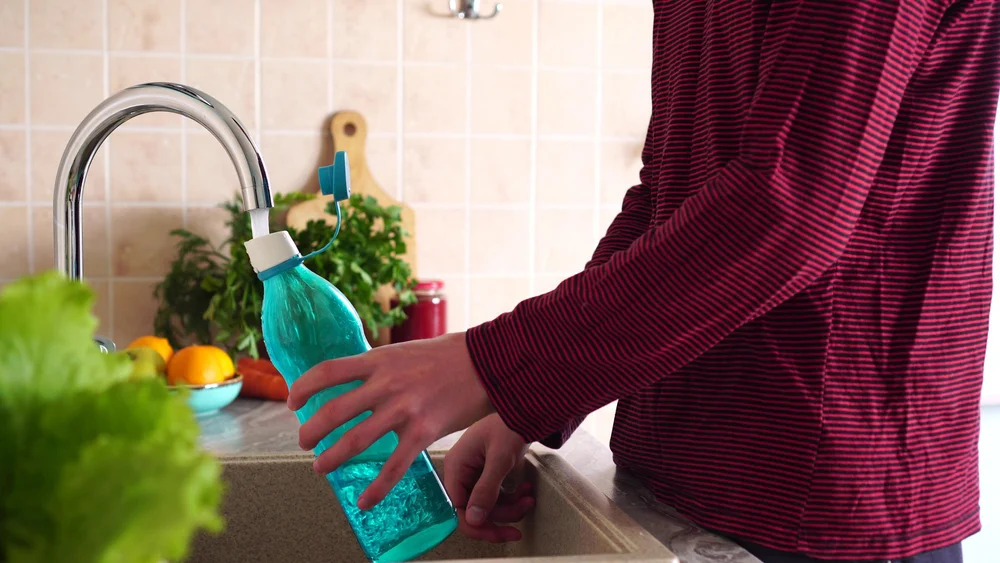
Benefits of Eco-Friendly Plumbing Solutions
Implementing eco-friendly plumbing solutions offers numerous benefits beyond environmental conservation. These include:
- Cost Savings: Reduced water and energy bills over time.
- Utilising sustainable plumbing solutions, such as solar hot water, rainwater harvesting, and greywater treatment, can significantly save money and water.
- Environmental Impact: Lower carbon footprint and reduced strain on natural resources.
- Eco-friendly plumbing products often use sustainable materials that do not contain harmful chemicals, contributing to sustainability within the plumbing industry.
- Health Benefits: Improved water quality and reduced exposure to harmful chemicals.
Challenges and Considerations
While eco-friendly plumbing solutions offer significant advantages, they also come with challenges such as initial costs, maintenance requirements, and regulatory considerations. Tankless water heaters, for example, are highly efficient in reducing water and energy consumption. Understanding these factors is essential for making informed decisions about implementing green plumbing practices in your home.
Conclusion
Incorporating eco-friendly plumbing solutions into your home not only benefits the environment but also enhances your quality of life. By adopting practices like installing low-flow fixtures, using water-efficient appliances, implementing greywater systems, harvesting rainwater, and adopting solar water heaters, you can reduce water and energy consumption, positively impacting the environment and enjoying cost-saving benefits on your utility bills.

